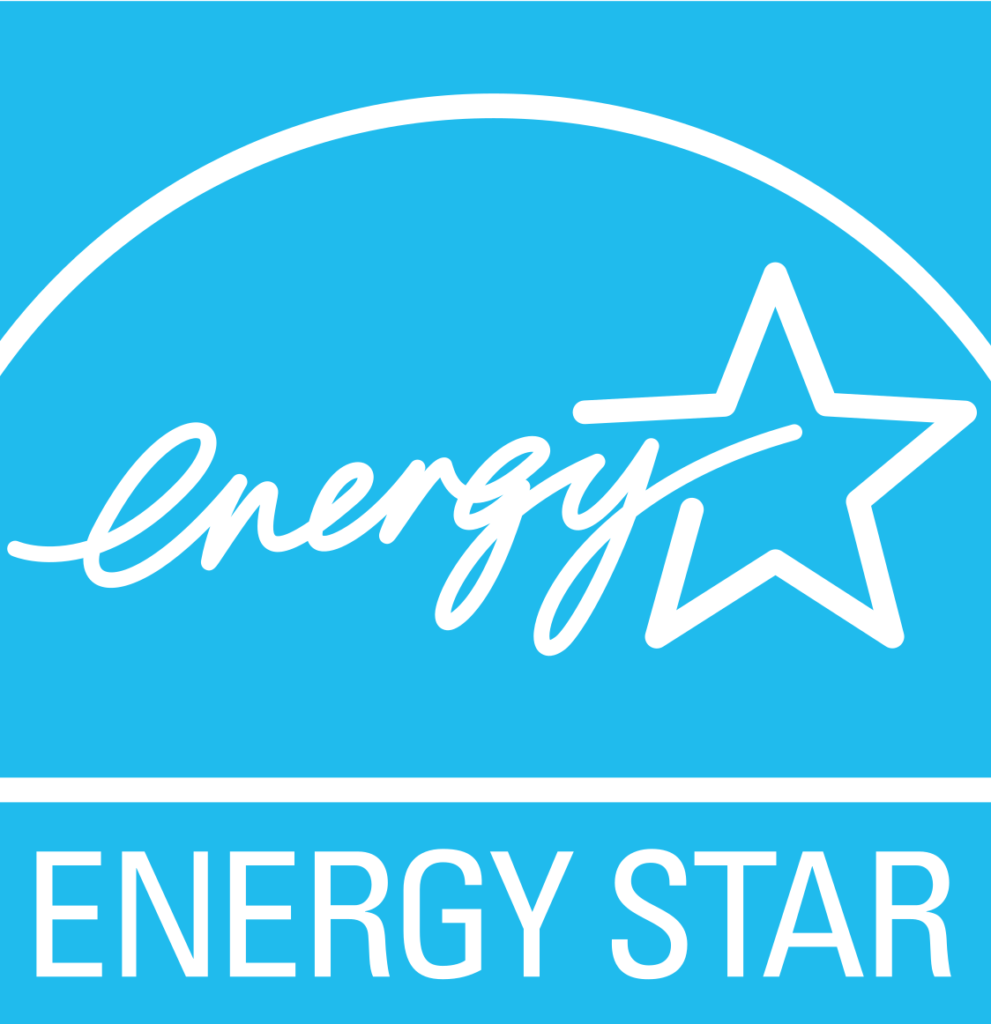

Energy efficiency means using less energy to get the same job done – and in the process, cutting energy bills and reducing pollution. Many products, homes, and buildings use more energy than they actually need, through inefficiencies and energy waste. Energy efficiency is one of the easiest ways to eliminate energy waste and lower energy costs. It is also one of the most cost-effective ways to combat climate change, clean the air we breathe, help families meet their budgets, and help businesses improve their bottom lines.
Examples of energy efficiency
Anywhere that energy is used, there is an opportunity to improve efficiency. Some products, such as your HVAC system and water heater, are major energy-users and can experience huge energy and cost savings through improvements in energy efficiency. Additionally, other products don’t use energy directly, but they improve the overall efficiency and comfort of a house or a building (such as thermal insulation or windows).
— Heat pumps: Heat pumps are an efficient way to heat and cool your home because they move heat from the surrounding air, instead of creating it. Heat pumps can also do double-duty and both heat and cool your home year-round, as opposed to relying on two separate systems to condition your space.
— Heat pump water heaters: Your water heater if the second highest energy user in your home. On average, an ENERGY STAR certified heat pump water heater uses 70% less energy and can help a family of four save over $550 a year compared to a standard electric water heater.
— Windows: Energy-efficient windows are made with materials that reduce heat exchange and air leaks, which means you don’t need as much energy to heat or cool a space.
— Insulation: Adding more insulation to an attic keeps the warm air inside from escaping in the winter. In the summer, it keeps hot air out. With good insulation, you won’t need to use as much energy to keep your house warm in the winter or cool in the summer.
— Smart thermostats: Smart thermostats are Wi-Fi enabled devices that control heating and cooling in your home by learning your temperature preferences and schedule to automatically adjust to energy-saving temperatures when you are asleep or away. They can help you lower your energy bills by not spending money to heat or cool an empty house.
— Computer power management: Computers can be set to automatically enter a low-power “sleep” mode when not in use.

We understand that information is crucial in decision-making. That’s why we have created a comprehensive resource center to handle all your inquiries – no matter how trivial. If you have any lingering questions, our highly knowledgeable team is ready to guide you.
In the sea of unanswered questions, we’re here to be the calming voice in your storm. Our agency consulting experts are well-versed in a wide range of topics. Rest assured, we have the expertise to answer even your most unconventional queries. Ping us, and all your doubts will fade away.